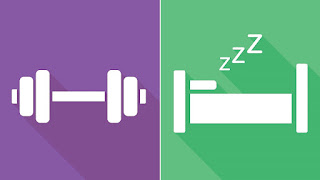Meal Time & Motivation
Who would have thought that your mealtime could actually motivate you to exercise? According to the Journal of Endocrinology who performed a study on mice, limiting access to food, increases the hormone ghrelin which may increase motivation to exercise. Researchers investigated the relationship between exercise and ghrelin levels in these mice. This was done by limiting their food intake window and wheel running activity compared to mice given food freely. Both groups given similar amounts of food but the restricted mice ran significantly more (Mifune et al., 2020).
A little about ghrelin, this is also known as the hunger hormone. This hormone stimulates appetite through actions on the brains reward circuit, increasing your motivation to eat (Mifune et al., 2020).
We already know that exercise and eating healthy are what helps us lose weight. That is the easy part. The hard part is actually acting on this thought. This study can be related to humans in the sense that intermittent fasting may help over weight or unmotivated individuals maintain a more effective exercise routine (Mifune et al., 2020). All this to say that if you choose to intermittently fast make sure that you are still fueling your body appropriately in your eating window.
Obviously further research needs to be done in terms of human trials to confirm the findings. Dr Tajiri explains the potential to explore real-world and clinical benefits for the treatment and prevention of obesity are significant.
But this is a promising study, so why not make it a little bit easier on yourself in terms of motivation and try it out. Traditionally those who intermittently fast tend to exercise in the morning as they fast when they are sleeping, commonly known as fasted cardio or fasted training.
This may help beginners set themselves on a routine when it comes to an eating regimen and exercise schedule which would be beneficial in their current or future health goals.
Mifune, H., Tajiri, Y., Sakai, Y., Kawahara, Y., Hara, K., Sato, T., . . . Kojima, M. (2020). Voluntary exercise is motivated by ghrelin, possibly related to the central reward circuit. Journal of Endocrinology, 244(1), 123-132. doi:10.1530/joe-19-0213
Yours truly,
Meg


Comments
Post a Comment